26 March 2020 : Home learning
Thursday already!
Remember to read for 20 minutes today and work on spellings/times tables.
Maths
Warm up by counting in 5s – singing along to the song https://youtu.be/cJ4jV14Oz5I
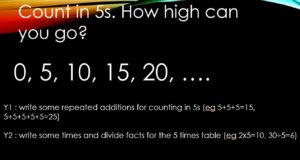
Reading
Go on a phoneme (sound) hunt around your house looking for green sounds in words.
Write a list of the words you find.
eg toy, tray, slide, plate
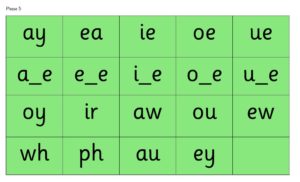
Challenge : put the words you find into sentences.
Topic : Living and learning
We have been talking about body image in our Living and Learning lessons. We have talked about knowing how our body feels when we are relaxed and calm. We can use different techniques to calm ourselves. There are some ideas in the table below. Try some out and teach one to someone else in your house.
| Listen to relaxing music. Close your eyes if that is comfortable. | Sit down and rest your head on your hands on a table. |
| Breathing hug
Start with both arms in the air. Put one hand across your tummy and the other on your shoulder. Breathe slowly in and out. Focus on the breathing. |
Breathing tree
In a standing position, raise your arms as you breathe in and release your arms back down as you breathe out.
|
| Ok breathing
Make an ‘ok’ sign on your tummy and slowly breathe in and out. This sign is to represent that it is ok to feel different emotions. No emotions are bad. Emotions change and you won’t feel like that forever. |
Belly breathing
Sit or lay down, place your hands on your belly and close your eyes. As you take a big breath in, blow up your belly like a balloon (place a favourite toy there to feel it moving). Hold the breath briefly and then slowly exhale deflating the balloon in your belly. |
| Nose breathing
Place one finger on one nostril, breathe in, then place the other finger on the other nostril and close for a beat. Release and open the opposite nostril to breathe out. |
Emotion bottle
Make your own emotion bottle. This is a bit like a snow globe. Shake it up and watch it. The bottle is our mind. The glitter is our emotions. Let the bottle clear. To make your own, take a bottle, add glitter (different colours could represent different emotions), optional food colouring and seal it closed. |
| Focus on an object
Focus on an object for 90 seconds. If you lose focus, make an effort to bring the focus back to the object. |
Starfish meditation
This is a great way to refocus the mind. Spread your fingers on one hand like a star fish. Slowly trace your finger, from the other hand, around your fingers and hand. Continue until you feel calm. |
| In addition to these techniques, you could also try:
· Listening to guided meditations for children (https://annakaharris.com/mindfulness-for-children/) · Listening to mindfulness music · Mindful colouring and doodling · Yoga poses especially balances · Cosmic Kids yoga and mindfulness (https://www.youtube.com/user/CosmicKidsYoga)
· https://www.gonoodle.com/ (mindfulness and active brain breaks) |
|
25 March 2020: Home learning
Hey guys,
We hope you’re all OK. Here’s the learning tasks for today. It’s been great to hear from people that they are doing them and enjoying them. It’s also been great to hear some of the other things you’ve been up to. Please get in touch with us via email if you have any questions – it’s been nice to help people when they’ve needed it. And, it’s sometimes just nice to hear that you are getting on well with the tasks. If you want to send us a picture of your learning you absolutely can – we might even start a ‘Hall of (Home Learning) Fame’ on our class news page. A reminder, our email addresses are:
olliecatherall@spherefederation.org
marklindsay@spherefederation.org
sarahhogarth@spherefederation.org
At the end of this post there is a very important bonus task for today!
Year 5 Maths Task
Starter: write down 6 6-digit numbers. Round each number to the nearest 10, 100 and 1000.
For example:
357214 Rounded to the nearest 10= 357210
Rounded to the nearest 100= 357200
Rounded to the nearest 1000= 357000
Your learning today is addition using column addition.
Yesterday, you completed some column addition calculations. Can you create 4 word problems that would involve using this method? Can you solve your own word problems?
Challenge: write any addition of three 4-digit numbers where the answer is between 28,550 and 28,650.
Can you find solutions:
- that use all digits 0 to 9 at least once;
- where no digit 0 to 9 is used more than twice;
- that use the same number three times…?
Year 6 maths task
Answers from yesterday:
| Month | Cans sold | Rounded to the nearest 10,000 |
| January | 1,436,259 | 1,440,000 |
| February | 1,839,627 | 1,840,000 |
| March | 2,599,170 | 2,600,000 |
| April | 1,876,254 | 1,880,000 |
| May | 1,431,109 | 1,430,000 |
| June | 1,232,637 | 1,230,000 |
| July | 1,209,276 | 1,210,000 |
March is the month in which the number of cans sold is the same whether it is rounded to the nearest 10,000 or 100,000.
Starter: spend at least 15 minutes honing your rock skills on Times Tables Rockstars.
Your learning today is negative numbers.
Draw a number line from -20 to 20.
Using the number line answer these questions.
What is 6 less than 4?
What is 5 more than -2?
What is the difference between 3 and -5?
Challenge: write your own set of similar questions with answers.
Writing task (Y5 & 6)
Here are the answers to yesterday’s learning.
Task one: Punctuate the following sentences correctly.
“I can’t wait for Friday,” exclaimed Brian. “The trampoline park will be amazing!”
Pupils could have also used an exclamation mark. Pupils could have used a full stop.
“Grace held her hands over her eyes, “I can’t watch! It’s so intense!”
Pupils could have also used a full stop, a comma or a dash.
Task two: Re-write the following sentence with the said clause in a different place. Check for correct punctuation.
“The water is way too cold! I can’t swim in that!” said Lucy.
Lucy shouted, “The water is way too cold! I can’t swim in that!”
“The water is way too cold!” exclaimed Lucy. “I can’t swim in that!”
Challenge: The three sentences should be punctuated correctly. Check specifically for inverted commas around what is being said. The said clause should have been placed at the beginning, middle and end (one for each sentence).
Your learning today is to write descriptively.
Your task is to write a character description of your choice. This should be about one paragraph in length. By the end of the week, you will have created a story involving a character, a setting and a dilemma.
For your character description, you need to think about:
- Character appearance
- What do they sound like?
- What features do they have that stand out?
Here is an example of a character description…
Ragnar ‘shaggy breeches’ Lothbrok. A leader of men, a Viking legend in his own right, and a father to many sons. Ragnar was a distinctive man, who could not be mistaken for any other. His eyes were blue seas, clouded by a thunderous frown. An uncut, ragged ponytail hung from his head, with markings of snakes and war printed across his skull. Echoes of his fearsome roar could be heard across oceans, leaving enemies fleeing for their lives. A silver shafted sword hung from a sheath buckled on his right side.
Challenge: Draw your character and label them with the key features you’ve described above. How about you and someone else in your family both do this without showing each other? Then, compare them – if they’re similar in some ways then you’ve likely written an effective character description. If they’re not, maybe one of you hasn’t practised their art skills that much, yet.
Reading task
Your learning today is a RIC.
Read the extract of the text and then answer the below questions. We will give you the correct answers tomorrow.
Retrieval question: according to the text, what was Skuli not holding?
Interpret question: look at extract 2. How do you know Gunnar’s father’s and Skuli’s relationship is not a positive one.
Explain two ways, giving evidence from the text to support your answer.
Choice question: look at extract 1.
Find and copy one group of words that shows us that Gunnar does not like Skuli.
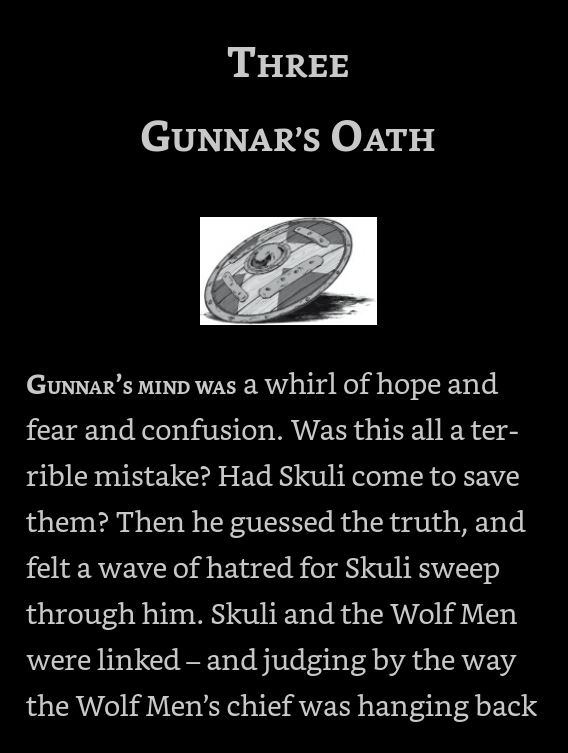
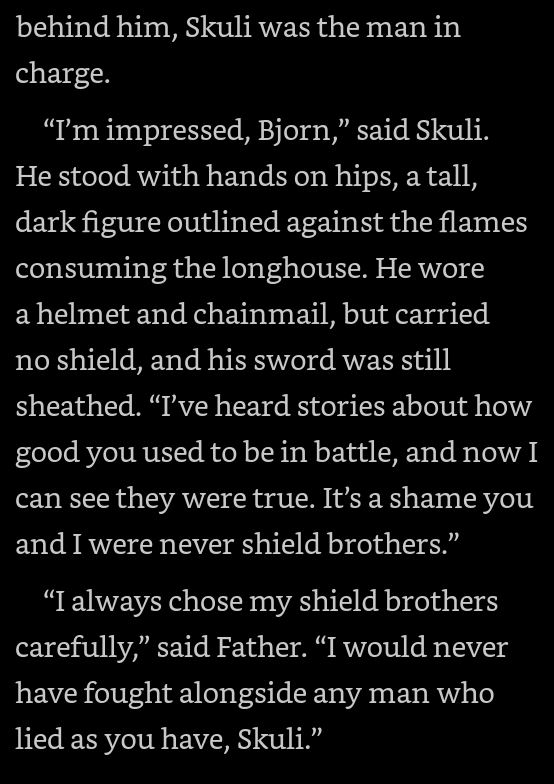
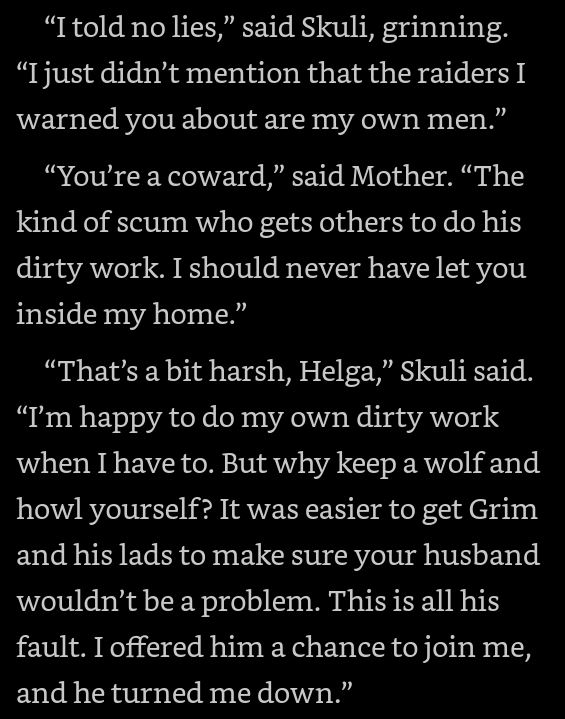
Challenge: create your own RIC for someone at home to complete – you could have as many questions as you like.
Bonus task: today, I’d like you to do something really important. Reach out to a friend from school. Use whatever technology you can to speak to someone from school; even better if this is someone you haven’t spoken to yet. We’re all going to feel a little lonely over the coming weeks and staying in touch will make you feel better – promise! Give it a go.
Don’t forget, there’s plenty of other things you can be doing at home, too. This web post from Mr Roundtree (School’s closed: how to support your child’s home learning – 23 March 2020) has loads of great information and ideas for things to do at home.
25 March 2020 : Home learning
Good morning.
Remember to read for 20 minutes today and have another go at your spellings and (Y2s) times tables. Don’t forget you can email us if you have any questions about the learning or want to send any photos in of what you’re up to.
vickylatham@spherefederation.org
katieparling@spherefederation.org
natalielake@spherefederation.org
Maths
Count in 10s singing along with the song – https://youtu.be/BokH3_zaLiA
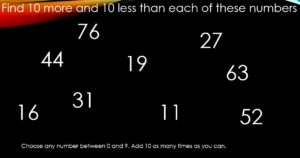
The challenge is at the bottom of the slide : choose any number between 0-9 and add 10 as many times as you can.
Reading
Go on a phoneme (sound) hunt around your house looking for orange sounds in words.
Write a list of the words you find.
eg chips, coin, dish, spoon
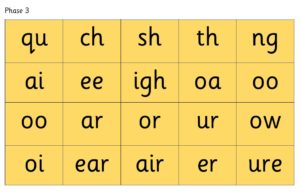
Challenge : put the words you have found into sentences.
Play some phonics games on Phonics Play.
Topic : Drama/movement (performing poetry)
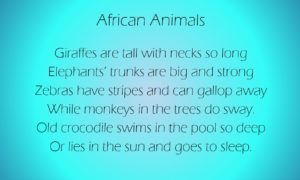
Read the poem a few times during the day. See if you can recite it from memory. Add some actions to match the words.
Challenge : find the rhyming words in the poem and write some more words that rhyme.
24 March : Home learning
Good morning!
Remember to read for 20 minutes today and work on your spellings/times tables too.
Maths
Sing along with the ‘Big Numbers Song’ https://youtu.be/e0dJWfQHF8Y
Find one more and one less than each number on the slide. Write them in your home learning book.
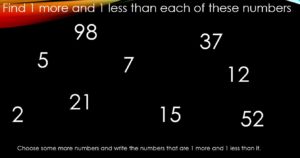
Challenge : 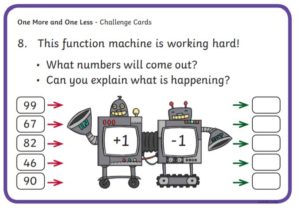
Reading
Read a story book. Draw or write a story map showing what happens in the story.
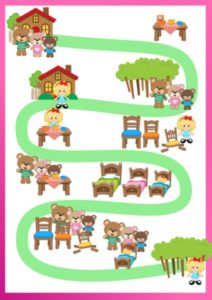
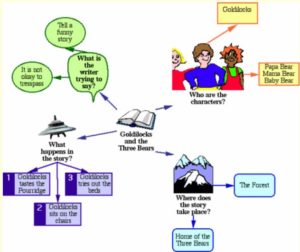
Topic : Weather and Seasons
Draw an outfit for each season of the year and write a list of the clothes and weather you would be likely to see in that season (there is an example below).
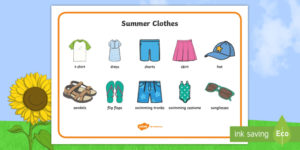
24 March 2020: Home learning
Year 5 Maths Task
Answers from yesterday (23.03.20):
Q2.
6,528= 6,000 + 500 + 20 + 8
8,741= 8,000 + 700 + 40 + 1
26,589= 20,000 + 6,000 + 500 + 80 + 9
78,645= 70,000 + 8,000 + 600 + 40 + 5
Starter: Think of 6 numbers. Each number needs to have either 5 or 6 digits. Multiply each number by 10, 100 and 1000. Then put them in ascending order.
Your learning today is addition using column addition.
Use column addition to work these out.
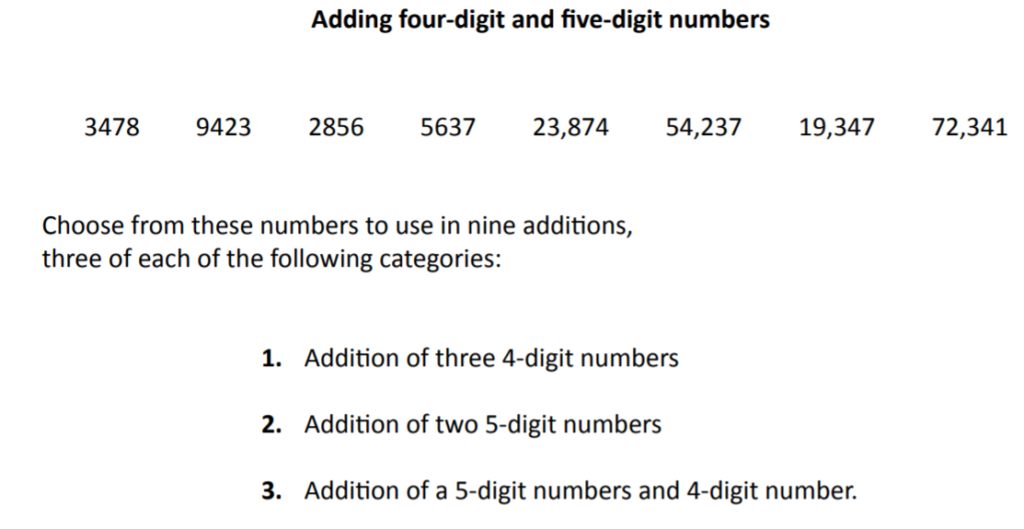
Check out this useful video from our own school website for some help with this method of addition – 2 minutes and 20 seconds into the video.
Challenge: Your challenge is to create a pair of five-digit numbers with a total as close to 80,000 as you can! Can you get an answer within 100 of 80,000?
Year 6 maths task
Answer to yesterday’s challenge:
Whitney has rounded to the nearest hundred thousand not ten thousand. Her answer should be 2,160,000.
Starter: Write each set of numbers and circle the greatest.
- A) 6782600 6872000 6869000 857876
- B) 2798003 2987003 2897003 2889005
Your learning today is rounding.
This table shows the number of cans of baked beans a company sold from January to July.
| Month | Cans sold |
| January | 1,436,259 |
| February | 1,839,627 |
| March | 2,599,170 |
| April | 1,876,254 |
| May | 1,431,109 |
| June | 1,232,637 |
| July | 1,209,276 |
In a certain month, the number of cans sold is the same whether you round it to the nearest 10,000 or 100,000. Which month?
Round each month to the nearest 10,000.
Challenge: how else could you round the baked beans? Show different ways.
Writing task (Y5 & 6)
Your learning today is to punctuate speech correctly.
You have three tasks to complete, which require you to create, punctuate and adapt speech appropriately. The answers to the learning will be posted tomorrow.
Task one: Add the correct punctuation to the speech below. You are looking for inverted commas, but remember to check/correct other punctuation too!
I can’t wait for friday, exclaimed brian. the trampoline park will be amazing
Grace held her hands over her eyes, I can’t watch it’s so intense
Task two: Re-write the following sentence with the said clause in a different place. Change the said clause for a better synonym.
“The water is way too cold! I can’t swim in that!” said Lucy.
Challenge: Write three sentences of your own, using speech that is punctuated correctly. For each sentence, the said clause must be in a different place.
Reading task (Y5 & 6)
Your learning today is inference.
We use our inference skills to think about a characters’ feelings, thoughts, motives, actions or relationships with others.
Your task today is to draw an outline of Gunnar in the middle of your page. This does not need to be detailed – a gingerbread person style outline would be fine, as would a stick person. Around the outside, you should write down what you think about Gunnar and why you think this. Think specifically about his…
- personality
- feelings
- thoughts
- motives
- actions
- relationships with other characters
Challenge: Imagine you are Gunnar. Write a letter to your dad (who is in Valhalla) explaining how you feel about what’s happened in the book so far. You could include some key events (think back to yesterday’s learning) and you must include how you feel.
23 March 2020 – Home learning
Year 5 Maths Task
Starter: Times Tables Rockstars- improve your multiplication skills.
Your learning today is place value.
- Create 3 part whole models for 4,050.

2. Partition the following numbers.
For example: 5, 945 = 5,000 + 900 + 40 + 5
6,528
8,741
26,589
78,645
- Here are the numbers of tickets sold at a theme park per month.
| January | 33,569 |
| February | 76,598 |
| March | 21,324 |
| April | 111,236 |
| May | 109,487 |
Use the more and less than symbols < > to create 4 statements for the populations.
111,236 > 76,598
Challenge: Can you create your own table of information, like above, containing numbers that you can compare? Write some statements for your information using < > and =.
Year 6 maths task
Starter: Use two dice, a number spinner or a pack of playing cards (picture cards are zero) to generate two 7-digit numbers e.g.
6,527,901 and 6,420,100
Compare using the ‘greater than’ symbol (>) or “less than” symbol (<).
6,527,901 > 6,420,100
Choose 10 more numbers to compare.
Your learning today is rounding. Using the numbers that you have already created, round each to the nearest 10, 100, 1000, 10,000 and 100,000.
Example:
6,527,901
10 – 6,527,900
100 – 6,527,900
1,000 – 6,528,000
10,000 – 6,530,000
100,000 – 6,500,000
Challenge: Whitney rounded 2,156,708 to the nearest 10,000. Her answer was 2,200,000. Explain her mistake.
Writing task (Year 5 & 6)
Your learning today is writing speech.
Your task is to create a script between two characters of your choice. This script can be linked to something we have previously learnt (such as the Vikings), or something else of your choice. Remember to use character speech to convey character. You may also choose to add some stage direction to add extra information. You do not need to punctuate any speech when writing a script.
Tip: Convey character means to tell the reader about a character through what they said and how they said it.
“I bet you can’t catch me!” laughed Billy.
This tells the reader that Billy is a confident boy, who believes he is very fast.
Reading Task (Year 5 & 6)
As a class, we’ve been enjoying reading our class novel ‘Viking Boy’. Today, we’d like you to create a story map for what has happened so far in the book. This can be as creative as you like but must include the key moments and characters from the story so far. Here is an example of a story map for a story that most of us will be familiar with…

Challenge 1:
Summarise the story so far in 10 words, 5 words and 1 word.
Challenge 2:
Re-write the story so far in a shorter form (this could be one paragraph or more).
In addition, we always recommend that children read for 20 minutes every day – what a perfect time to make sure children are reading loads!
23 March 2020 : Home learning
Morning!
Here are your tasks for today. Each day we will set three main tasks.
We would also like you to read for at least twenty minutes per day – to yourself, your mum, dad, teddy or pets. It could be in two, 10 minute sessions.
Each Monday, we will also upload a set of spellings for you to practise over the course of the week. Then on Friday, see if you can write them out without looking at them. Someone could test you if you want.
Y2s will also have a set of times table or division facts to learn.
Year 1 spellings
- me
- mine
- ask
- asking
- asked
- no
- some
- school
Year 2 spellings
- child
- children
- Christmas
- class
- climb
- clothes
- cold
- could
- door
- even
Times tables : times 2 and divide 2
Maths
Watch and join in with the doubles song : https://youtu.be/8jOzhiACB68
Make 10 in as many ways as you can.
eg 5+5=10, 10=4+6, 1+4+4+1=10, 15-5=10
Make 20 in as many ways as you can.
eg 10+10=20, 1+19=20, 2+18=20, 25-5=20, half of 40 is 20.
Reading
Read about the seasons and answer the questions in your home learning book.
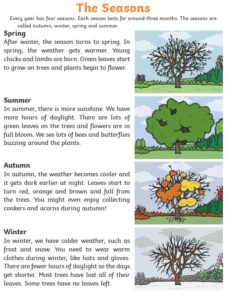
1. How many seasons are there in one year?
2. In which season do leaves start to grow on the trees?
3. What type of weather is there more of in the summer?
4. Copy and complete : In autumn, leaves change colour and fall from the _________.
5. List all the clothes you might need in winter.
Science
Sort the toys in your bedroom according to their material eg plastic, wood, metal.
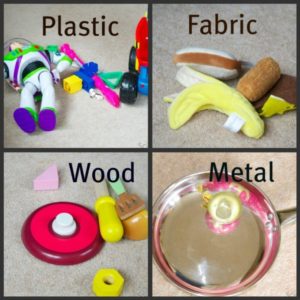
Challenge: Sort the toys again, according to their properties eg rigid, smooth, bendy. Take a picture or draw your groups.
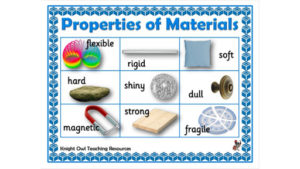
Home learning – emailing us
In our case, this means the emails to use are:
Emailing teachers
Email teachers if you’re unsure about some aspect of the home learning. The email addresses follow the same pattern in Key Stage 1 and 2: joebloggs@spherefederation.org
PE with Joe Wicks
Some classes have used Joe Wicks workouts in their PE lessons recently and he has sent a message for you all.
Starting Monday 23rd March I’m going to be hosting a free workout aimed at kids LIVE on my YouTube channel.
With the schools closed and with us all spending more time at home, it’s more important than ever that we keep moving and stay healthy and positive.
Exercise is an amazing tool to help us feel happier, more energised, and more optimistic.
The workouts will be fun and suitable for all ages and even adults can get involved.
You don’t need any equipment, just tune in to my YouTube channel at 9am each morning for a 30-minute, fun workout.
One more thing! I really need your help to spread this message. So please please share this with everyone that might like to get involved, and together we can help keep the nation moving
🏻
